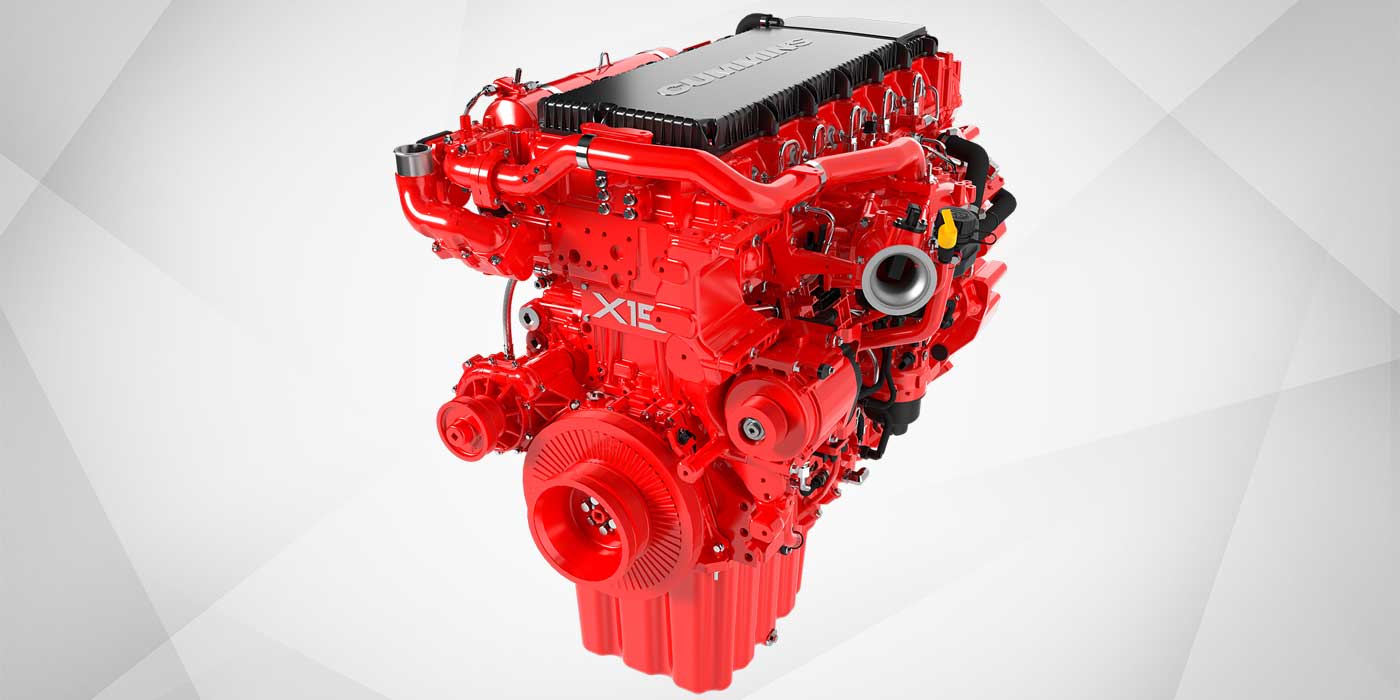Optimize Your Investment with Engines For Africa's Range
Optimize Your Investment with Engines For Africa's Range
Blog Article
A Full Guide to Selecting the Right Engine for Your Task
Picking the proper engine for your task is an essential decision that can dramatically impact its general success. It is vital to carefully specify your task requires, evaluate performance demands, and take into consideration user-friendliness alongside various other important aspects. In addition, understanding the community support offered and inspecting expense effects can further fine-tune your option. Each of these components plays a critical function in making sure that your selected engine not only fulfills prompt purposes but also lines up with lasting aspirations. As we explore these considerations, you might find that the subtleties of each element reveal greater than initially expected.
Specify Your Job Requirements
Specifying your task needs is an essential action in selecting the appropriate engine for effective implementation. A thorough understanding of your job's objectives will certainly direct you in determining the capacities and attributes needed from an engine. Begin by outlining the range of your project, including the desired performance, target market, and the details end results you aim to accomplish.
Following, consider the technological needs that align with your task objectives. This consists of evaluating the compatibility of the engine with existing systems, as well as the programs languages and structures that will be utilized. Furthermore, assess the level of scalability needed to suit future growth or modifications in demand.
Budget plan constraints additionally play an essential function in specifying your task requires. Develop a clear monetary structure to lead your decision-making procedure, guaranteeing that the engine picked fits within your spending plan while supplying the necessary performance.
Evaluate Efficiency Demands

Following, consider the scalability of the engine. Assess whether it can deal with boosted workloads as your job grows. Engines that support horizontal scaling are typically more suitable for larger applications. In addition, evaluate the engine's performance under different problems, such as peak usage circumstances, to ensure it meets your reliability standards.
Consider Ease of Usage
While technical specifications are important, the ease of usage of an engine can significantly influence the advancement process and total task success. An user-friendly interface, clear documents, and structured workflows can drastically lower the understanding curve for developers, allowing them to focus on creativity and problem-solving as opposed to facing complicated tools.
When assessing an engine's simplicity of use, take into consideration the onboarding experience. A well-structured introduction, complete with tutorials and example jobs, can facilitate a More Info smoother shift for brand-new users. Furthermore, the clarity and comprehensiveness of the engine's paperwork play a crucial role; extensive guides and API referrals can encourage programmers to troubleshoot and execute features efficiently.
One more element to think about is the engine's personalization abilities. An engine that permits simple adjustments can be a lot more easy to use, as programmers can tailor it to fit their specific demands without extensive problem. Finally, assess the process assimilation with devices and platforms you already utilize. A cohesive ecosystem can improve performance and reduce friction throughout the development process. Eventually, picking an engine that prioritizes ease of use can lead to a much more delightful and efficient advancement experience.
Assess Neighborhood and Assistance
The strength of an engine's neighborhood and support network can significantly affect a programmer's experience and success. When examining an engine, take into consideration the size and task level of its neighborhood.
In addition, evaluate the availability of main support channels. Reliable paperwork, responsive consumer assistance, and routine updates are necessary for dealing with technical problems and maintaining your project on track. Engines For Africa. Energetic communities additionally cultivate collaboration, supplying chances for networking and responses, which can be vital, especially for small teams or independent programmers
In addition, explore the presence of community-run events, such as hackathons or meetups. These gatherings can improve your understanding of the engine while attaching you with skilled individuals and possible collaborators. In summary, a robust area and support group not only enhance development but also create an atmosphere for discovering and innovation, eventually enhancing the chance of your job's success.
Compare Price and Licensing Choices
Budget factors to consider play an official source important role in selecting the right engine for your task, as the expense and licensing choices can dramatically impact both temporary costs and long-lasting feasibility. Engines For Africa. Various engines provide varying rates frameworks, which can include one-time acquisition fees, subscription designs, or revenue-sharing contracts based upon your project's incomes

Certifying alternatives also vary substantially. Some engines are open-source, offering adaptability and community-driven support, while others might need proprietary licenses that limit usage and distribution. Understanding the ramifications of each licensing design is important, as it affects ownership civil liberties, future scalability, and prospective legal responsibilities.
Verdict
Finally, choosing the ideal engine for a project requires an extensive examination of specified project demands, performance requirements, ease of usage, area assistance, and expense factors to consider. By systematically resolving these important factors, decision-makers can make sure alignment with both current and future task needs. A well-informed option eventually enhances the chance of task success, allowing effective source appropriation and making best use of prospective end results within the defined budgetary constraints.
Selecting the ideal engine for your job is an important decision that can dramatically influence its overall success.Specifying your project needs is an important step in choosing the suitable engine for successful execution. A detailed understanding of your task's objectives will lead you in identifying the functions and capacities called for from an engine.Once you have a clear understanding of your project requires, the next action is to review the efficiency requirements of the engine.In final thought, choosing the appropriate engine for a project requires a detailed assessment of defined job requirements, efficiency requirements, simplicity of use, community support, and expense factors to consider.
Report this page